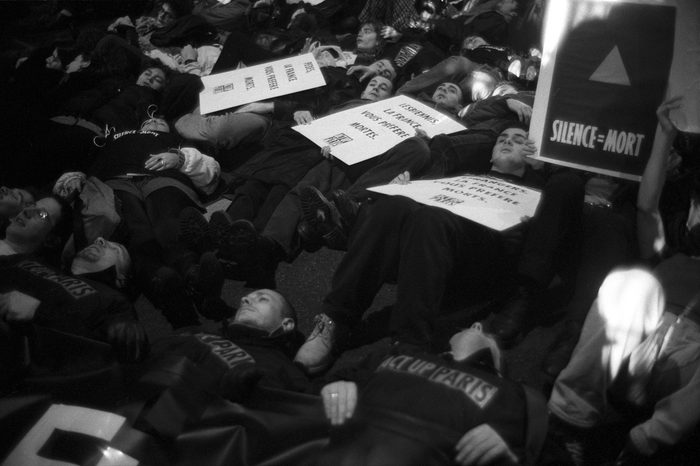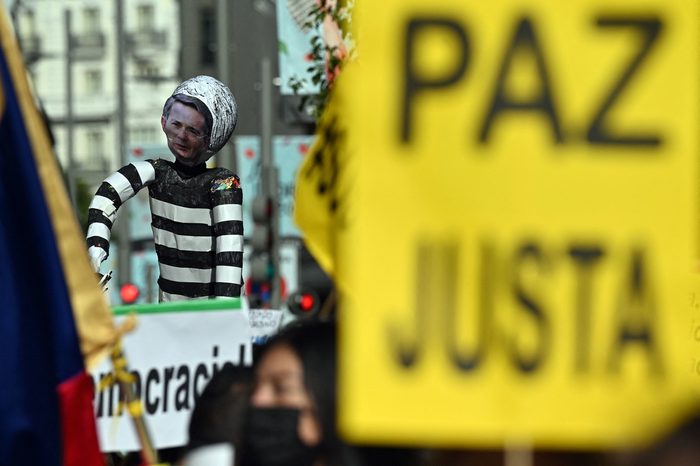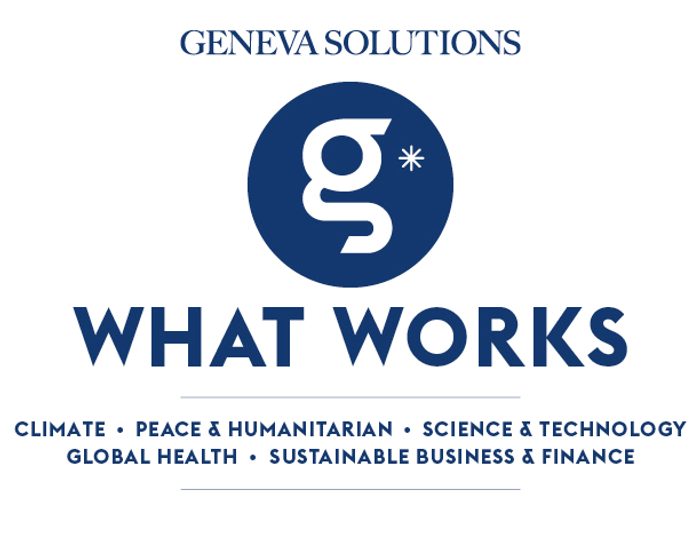Hello, this is Michelle. It has been 40 years since HIV/Aids began spreading across the globe. Since then, there have been major strides in developing prevention measures, testing tools and treatments, even if gaps remain.
As the world commemorates World Aids Day today to shed light on a battle that has yet to be won, we travel back to the first years of the pandemic with French author Anthony Passeron, whose family was profoundly scarred by the disease in the 1980s. |

|

A staged protest in Paris, France, in 1995 by Act Up-Paris, the French chapter of a grassroots activist group fighting against Aids. (Keystone/Agence VU/Christian Poveda)
|
|
In the early 1980s, a mysterious illness convulsed the world as it spread rapidly through the United States, France and across all continents. While researchers were racing to find the virus responsible and develop a treatment, a family living in a small rural town in the hinterland of Nice was being consumed by the disease.
In Anthony Passeron’s novel from 2022, Les Enfants Endormis (Sleeping Children), the early days of the HIV-Aids epidemic intertwine with the struggle of his own family to cope with his drug-addict uncle’s illness in silent pain and isolation at a time when little was known about the immunodeficiency syndrome, commonly known as Aids.
A teacher by trade, Passeron was in Geneva on 3 October to talk about his work at the literary association Société de Lecture, where Geneva Solutions met with the author.
Geneva Solutions
|
|
Here's what else is happening
-
👏 Agreement on loss and damage deal reached on first day of Cop28 talks.
As the UN climate summit began in Dubai on Thursday, countries celebrated as they agreed to create a new fund to help vulnerable countries recover from the loss and damages wreaked by the climate crisis.
The Guardian (EN)
-
🔍 UN commission to investigate Hamas sexual violence, appeal for evidence.
The chair of the commission of inquiry on war crimes in the Israeli-Palestinian conflict, Navi Pillay, said she would give collected evidence to the International Criminal Court, urging it to consider prosecutions.
Reuters (EN)
-
🥵 World heading for hot 2024 after records ‘shattered’ in 2023, says WMO.
Greenhouse gases and sea levels rose to record highs this year, and with the El Niño phenomenon in full swing, the trend is set to continue next year, according to the UN agency.
Financial Times (EN)
-
🏳️🌈 UN rights chief says Russia should repeal laws targeting LGBT people.
Volker Türk’s call comes after a Supreme Court ruling labelling the LGBTQ+ movement as extremist amid fears of a growing crackdown.
Reuters (EN)
-
💸 Scoop: Somalia beats famine for now, but confronts dire climate reckoning.
A confidential report points to how over $1 billion in aid helped stave off mass hunger in the drought-hit country for now, but the threat still looms large if large amounts of cash don't go into building up its resilience to climate impacts.
Devex (EN)
|
|
International justice corner
|
|

Demonstrators carry a puppet depicting a prisoner with the face of former Colombian President Alvaro Uribe during a demonstration with the slogan "SOS Colombia" in Madrid on May 15 2021. (Keystone/AFP/Gabriel Boys)
|
|
Europe does not have a monopoly on extra-territorial justice.
As criminal complaints related to the Israel-Gaza conflict filed before European national courts, as well as the International Criminal Court, multiply, another significant case taking place in Argentina is a reminder that one continent does not have the monopoly on justice for international crimes, writes Alain Werner, director of Civitas Maxima in this month’s round-up of international justice news, in collaboration with Geneva Solutions.
Read the full story on Geneva Solutions.
|
|
|
GS news is a new media project covering the world of international cooperation and development. Don’t hesitate to forward our newsletter!
Have a good day!
|

|
|
Avenue du Bouchet 2
1209 Genève
Suisse
|
|
|
|









